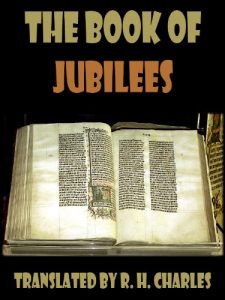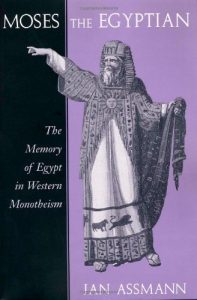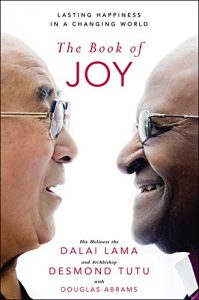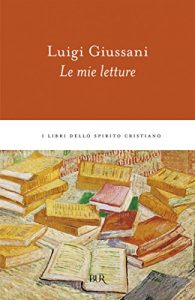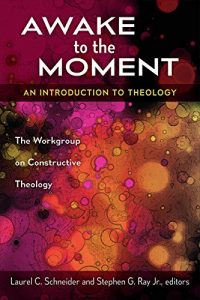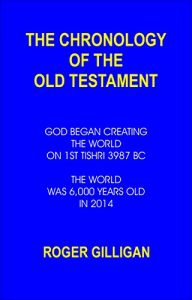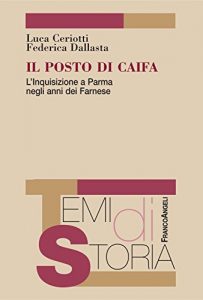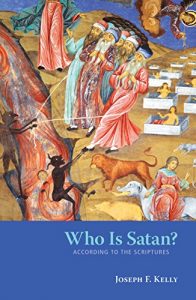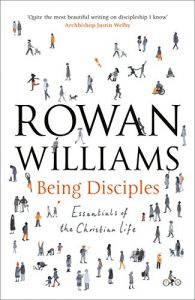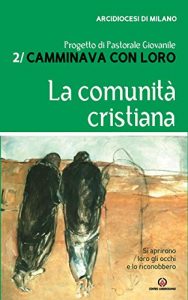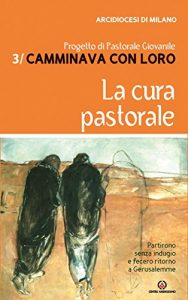I 99eBooks è una directory di eBook. Cerchiamo e classificato intorno alle eBooks Web per te!
Tutti i diritti riservati. I libri e libri elettronici sono di proprietà dei rispettivi proprietari.
The Book of Jubilees (English Edition)
About Book:
The Book of Jubilees, probably written in the 2nd century B.C.E., is an account of the Biblical history of the world from creation to Moses. It is divided into periods ('Jubilees') of 49 years. For the most part the narrative follows the familiar account in Genesis, but with some additional details such as the names of Adam and Eve's daughters, and an active role for a demonic entity called 'Mastema'. The anonymous author had a preoccupation with calendar reform, and uses Jubilees as a platform for proposing a solar calendar of 364 days and 12 months; this would have been a radical departure from the Jewish Calendar, which is lunar-based. There are also a couple of messianic, apocalyptic passages, although quite a bit less than the Book of Enoch.
The only complete version of Jubilees is in Ethiopian, although large fragments in Greek, Latin and Syriac are also known. It is believed that it was originally written in Hebrew. If at times one gets the impression that you are reading a first draft of Genesis, you are in good company. R.H. Charles, the translator, a distinguished academic Biblical scholar, concluded that Jubilees was a version of the Pentateuch, written in Hebrew, parts of which later became incorporated into the earliest Greek version of the Jewish Bible, the Septuagint.
About Author:
Robert Henry Charles (1855–1931) was an English biblical scholar and theologian. He is known particularly for English translations of apocryphal and pseudepigraphal works, and editions including Jubilees (1895), the Book of Enoch (1906), and the Testaments of the Twelve Patriarchs (1908) which have been widely used.
He was educated at the Belfast Academy, Queen's College, Belfast and Trinity College, Dublin. He gained a D.D. and became Professor of Biblical Greek at Trinity College. He also became archdeacon of Westminster.
The Book of Jubilees, probably written in the 2nd century B.C.E., is an account of the Biblical history of the world from creation to Moses. It is divided into periods ('Jubilees') of 49 years. For the most part the narrative follows the familiar account in Genesis, but with some additional details such as the names of Adam and Eve's daughters, and an active role for a demonic entity called 'Mastema'. The anonymous author had a preoccupation with calendar reform, and uses Jubilees as a platform for proposing a solar calendar of 364 days and 12 months; this would have been a radical departure from the Jewish Calendar, which is lunar-based. There are also a couple of messianic, apocalyptic passages, although quite a bit less than the Book of Enoch.
The only complete version of Jubilees is in Ethiopian, although large fragments in Greek, Latin and Syriac are also known. It is believed that it was originally written in Hebrew. If at times one gets the impression that you are reading a first draft of Genesis, you are in good company. R.H. Charles, the translator, a distinguished academic Biblical scholar, concluded that Jubilees was a version of the Pentateuch, written in Hebrew, parts of which later became incorporated into the earliest Greek version of the Jewish Bible, the Septuagint.
About Author:
Robert Henry Charles (1855–1931) was an English biblical scholar and theologian. He is known particularly for English translations of apocryphal and pseudepigraphal works, and editions including Jubilees (1895), the Book of Enoch (1906), and the Testaments of the Twelve Patriarchs (1908) which have been widely used.
He was educated at the Belfast Academy, Queen's College, Belfast and Trinity College, Dublin. He gained a D.D. and became Professor of Biblical Greek at Trinity College. He also became archdeacon of Westminster.
